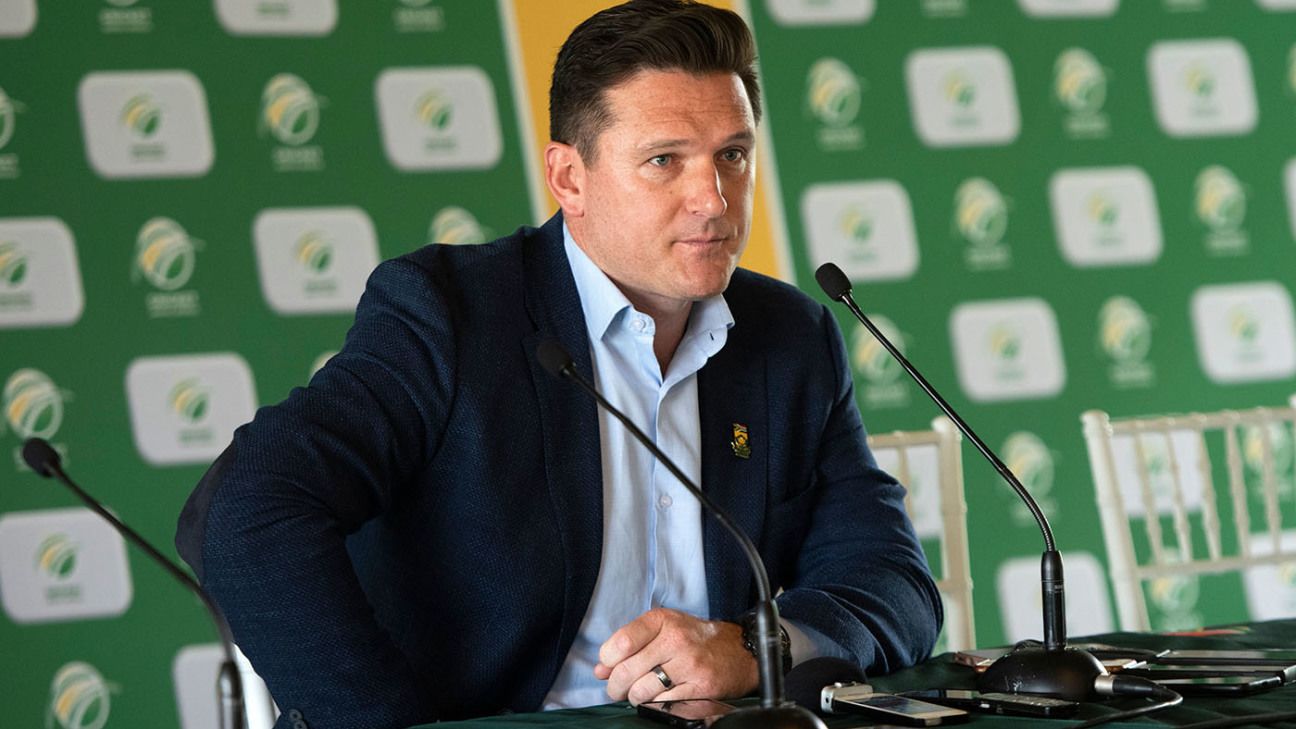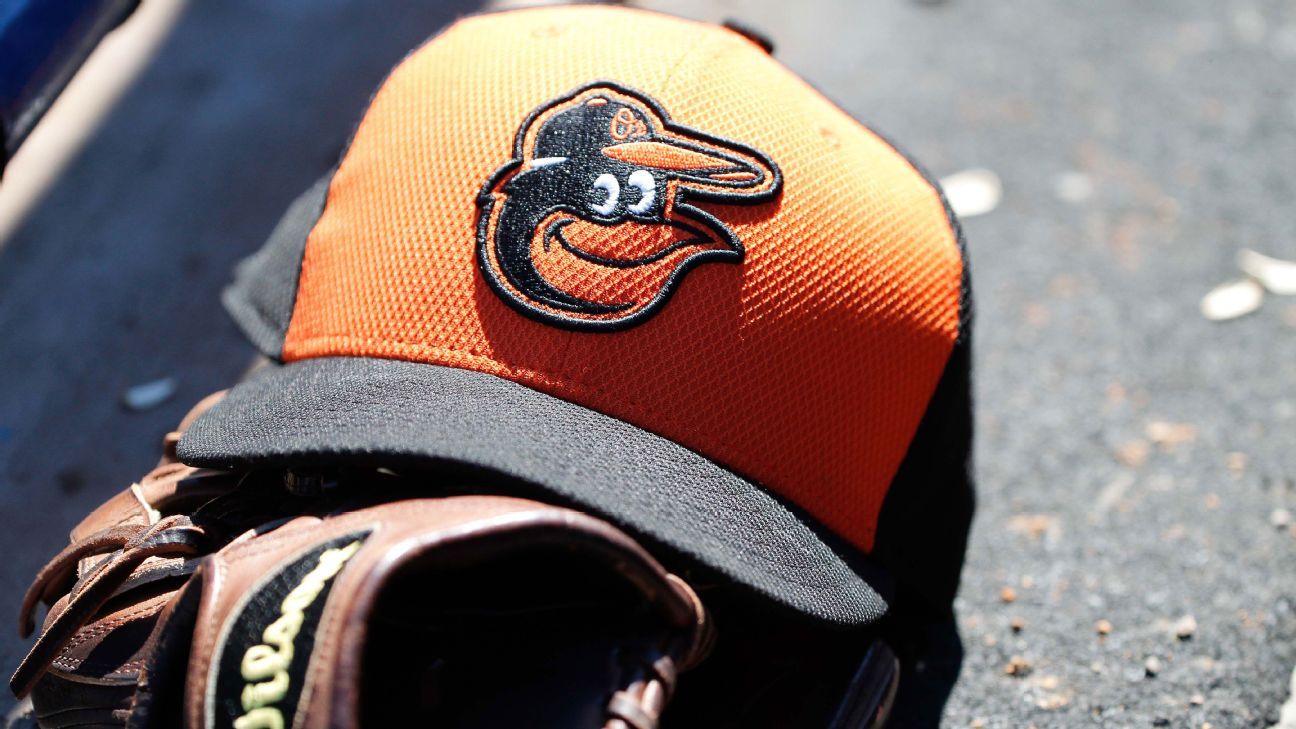
Graeme Smith has defended himself against allegations of racial discrimination during his 11-year tenure as South Africa's captain after Thami Tsolekile joined Makhaya Ntini and Ashwell Prince in telling his story of exclusion.
In the second of a three-part interview with Marawa Sports Worldwide Tsolekile read out a prepared statement to Smith, on Tuesday, asking the former captain what he else he was "not aware of" after Smith earlier told media he did not know the extent of the difficulties players of colour faced. In particular, Tsolekile referred to his own experience of being nationally contracted and identified as Mark Boucher's successor in 2012, only to be sidelined when Boucher was injured in England. Tsolekile did not end up taking over from Boucher after AB de Villiers was installed as the Test wicket-keeper and called the incident "pure racism."
Smith denied that race played a role in the decision not to add to Tsolekile three Test caps, earned in 2004. "In the case of the 2012 tour to England, which Thami has alluded to, there was a whole panel of selectors. Thami was in the squad as reserve keeper to AB de Villiers and this was communicated to him on both the England and Australian tours by Gary Kirsten, which has been previously acknowledged by Thami," Smith posted in a statement on Twitter.
My side of the story pic.twitter.com/8xEhfA7m7h
— Graeme Smith (@GraemeSmith49) August 13, 2020
Tsolekile, who was on air again shortly after Smith's statement was issued, refuted that he was back-up to de Villiers, and said he understood that he was due take over from Boucher. "It's a lie. They picked Mark Boucher as a keeper and I was told I was the reserve keeper," Tsolekile said on air. "I was playing for the South African A side (in England) When Mark Boucher got injured and the selectors called me. I was Mark Boucher's deputy."
At the time, de Villiers was announced as Boucher's replacement by then-coach Gary Kirsten, before the South African selectors had been consulted. Later that year, selection convenor, Andrew Hudson, conceded that Tsolekile was told he would play in the home summer against New Zealand, but the decision was reversed when de Villiers opted to continue the dual role of keeper-batsman. According to Smith, that left no room for Tsolekile. "Unfortunately, Thami was a wicket-keeper, which meant he was always only fighting for one position," Smith said. "I can understand how frustrating that must have been, and there have been several other excellent wicket-keepers that South African cricket never saw on an international stage, because keepers tend to stay in a team for long periods of time. That is also an international trend, not unique to South Africa."
Smith also pointed to other players who were left out of the team during his time in charge, including Lance Klusener and Shaun Pollock, and that he had had "personal relationship challenges" with players across races. In 2003, Smith said Klusener "can sometimes ruin a team" and in 2010, Smith called Herschelle Gibbs "insecure," after Gibbs' autobiography was published. He maintained that he had a good relationship with Tsolekile. "I have never had an issue with him as a person and he has never borne out the frustrations of his international career on a personal level," Smith wrote.
Although Tsolekile acknowledged he and Smith had a good relationship at Under-19 level, he said he was "disappointed" with Smith's statement today and would have preferred an apology. "He (Smith) does not want to accept anything. It's just excuses and denial. I am very disappointed," Tsokelile said. "The least I would have expected is, 'Thami, I am sorry and let's move on'."
"He does not want to accept anything. It's just excuses and denial. I am very disappointed. The least I would have expected is, 'Thami, I am sorry and let's move on." Tsolekile on Smith
Tsolekile also questioned why Smith was "surprised," at the claims that are being made now in which players of colour are revealing their feelings of isolation. That includes Prince recalling an incident in 2005 when players of colour were subject to verbal abuse in Australia and Ntini explaining that he ran from the ground to the team-hotel because his team-mates wouldn't sit with him on the bus. "You probably saw nothing in that because maybe you see racism as a norm in this country," Tsolekile said, in his address to Smith.
Smith maintained that the "many of the issues being brought up on public domains have never been brought to my attention before, so they have come as a surprise to me," and that his memories of playing alongside, Ntini, for one, were "some of the happiest." He also indicated a willingness to engage with players to find a collective way forward.
"I understand that the current environment is one where a lot of hurts are finally being aired out in regard to South African cricket and I am happy to engage in discussions in the right forum even if it is uncomfortable because I think we can only learn from our past and help to shape a better future," Smith said.
Smith was not present at the first meeting of CSA's newly-formed social justice and nation-building committee which met on July 26. CSA's board asked Smith not to attend the meeting to allow the group, consisting of 40 former players of colour and current coaches, to speak freely. The group expressed their dissatisfaction with Smith's absence and CSA have indicated he will be involved in future.















 Phone: (800) 737. 6040
Phone: (800) 737. 6040 Fax: (800) 825 5558
Fax: (800) 825 5558 Website:
Website:  Email:
Email: 






